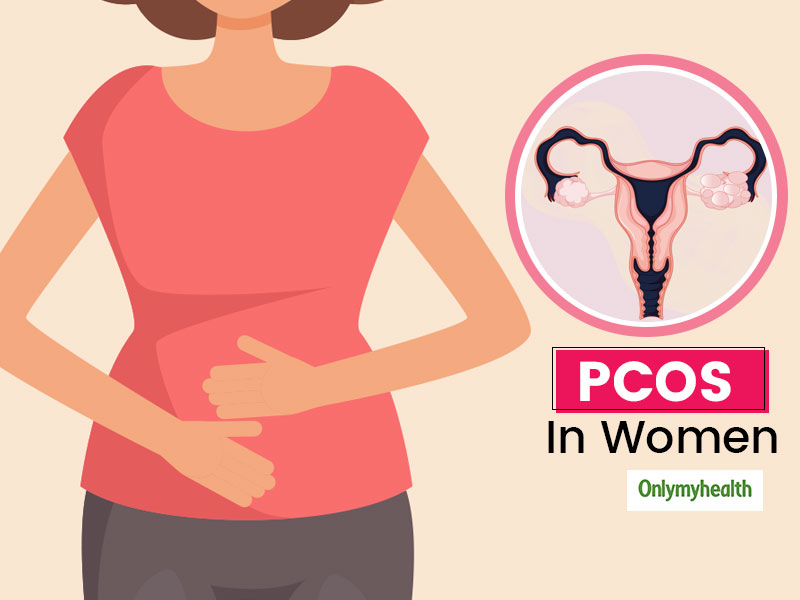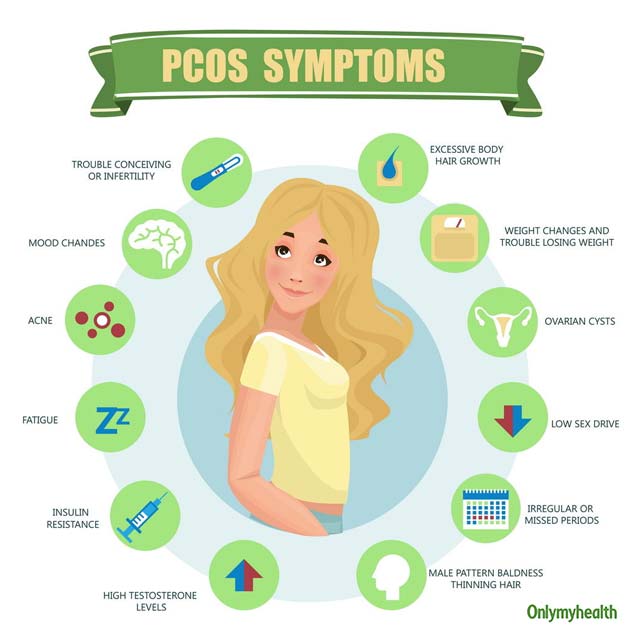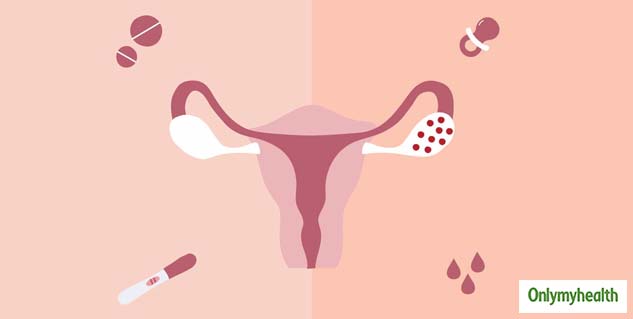
Polycystic ovary syndrome (PCOS) affects millions of women worldwide, presenting challenges that go beyond mere physical discomfort. From hormonal imbalances to fertility issues and metabolic disturbances, PCOS can significantly impact a woman's quality of life. However, adopting certain lifestyle changes can play a crucial role in preventing and managing the symptoms associated with this condition.
Table of Content:-
We spoke to Zoobiya Islam, Assistant Professor - Nutrition and Dietetics Department, Sharda University, to share a few lifestyle strategies for managing PCOS symptoms. Here is what she shared with us.
Lifestyle Strategies for Managing PCOS Symptoms
1. Balanced Diet
The foundation of managing PCOS starts with what you eat. A balanced diet rich in fruits, vegetables, whole grains, lean proteins, and healthy fats provides essential nutrients while keeping blood sugar levels stable. Opting for foods with a low glycemic index helps prevent spikes in insulin levels, which are common in PCOS. Incorporating foods rich in fibre, such as legumes, oats, and flaxseeds, can also aid in regulating blood sugar and promoting digestive health.
2. Regular Exercise
Exercise is a potent tool in managing PCOS symptoms. Engaging in regular physical activity not only helps with weight management but also improves insulin sensitivity and promotes hormone regulation. Aim for a combination of cardiovascular exercises, strength training, and flexibility exercises to reap maximum benefits. Activities like brisk walking, swimming, cycling, and yoga can be particularly beneficial for women with PCOS.

Also Read: Eating Disorders in Women More Common Than Men: Expert Advice on Effective Management Strategies
3. Stress Management
Chronic stress can wreak havoc on hormone balance, exacerbating PCOS symptoms. Incorporating stress-reducing practices such as mindfulness meditation, deep breathing exercises, or spending time in nature can help alleviate stress levels. Additionally, prioritising adequate sleep and establishing healthy boundaries in your personal and professional life can contribute to overall well-being.
4. Adequate Hydration
Hydration is key to supporting metabolic function and hormone balance. Aim to drink plenty of water throughout the day, and consider herbal teas or infused water as alternatives to sugary or caffeinated beverages. Proper hydration also aids in flushing out toxins from the body and maintaining healthy skin, which can be particularly beneficial for women with PCOS who may experience acne and other skin issues.

Also Read: Expert Shares the Importance of Avoiding Ultra-Processed and Fast Foods During Pregnancy
5. Limit Caffeine and Alcohol
While the occasional cup of coffee or glass of wine may not be harmful, excessive consumption of caffeine and alcohol can disrupt hormone balance and exacerbate PCOS symptoms. Consider reducing your intake or opting for decaffeinated beverages and non-alcoholic alternatives. Herbal teas, sparkling water with fruit infusions, and mocktails are excellent options for satisfying cravings without compromising your health.
In addition to these lifestyle changes, it's essential for women with PCOS to work closely with healthcare professionals who specialise in the condition. Your healthcare provider can help tailor a treatment plan that addresses your specific needs and goals, which may include medication, hormonal therapy, or fertility treatments if necessary.
A Final Word
While PCOS presents unique challenges, adopting a holistic approach to health through diet, exercise, stress management, hydration, and limiting caffeine and alcohol intake can significantly improve symptoms and overall quality of life. By taking proactive steps to care for your physical and emotional well-being, you can effectively manage PCOS and live a fulfilling life.
Also watch this video
How we keep this article up to date:
We work with experts and keep a close eye on the latest in health and wellness. Whenever there is a new research or helpful information, we update our articles with accurate and useful advice.
Current Version